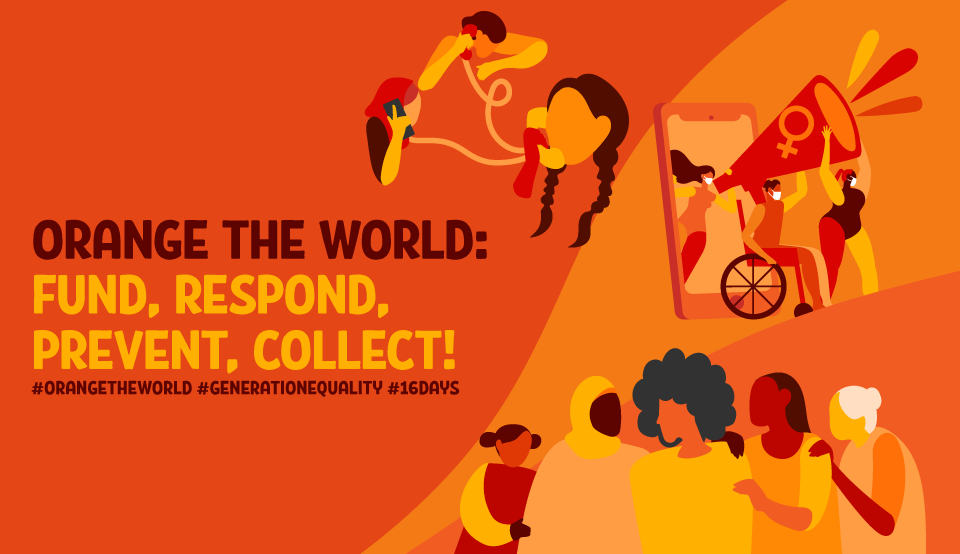In this blog Luissa Vahedi, Lindsay Stark, Melissa Meinhart and Simone Carter explore the main messages from their recent paper, The syndemic of COVID-19 and gender-based violence in humanitarian settings: leveraging lessons from Ebola in the Democratic Republic of Congo. We publish this as part of the 16 Days of Activism against Gender-Based Violence, 2020.
Imagine you are in a relationship where your partner sometimes gets physically violent. Now imagine that due to COVID-19 public health safety measures, you are confined to your home with your abuser 24 hours a day, with increased stress related to reduced income or trying to homeschool children. These public health safety measures may be protecting you from COVID-19, but they are putting your health and safety at risk in other very real ways. This is the current reality for millions of women and children around the world.
The COVID-19 pandemic is not gender neutral. The design and implementation of gender insensitive pandemic response measures have the potential to magnify risks for gender-based violence (GBV) experienced by women and girls living in humanitarian and fragile settings. Efforts to incorporate GBV protections within global responses to the COVID-19 pandemic remain inadequate. GBV encompasses a variety of damaging acts perpetrated against someone based on their gender expression, gender identity, or perceived gender. Power hierarchies rooted in gender often manifest as violence perpetrated by males against women and girls; in humanitarian settings compounding crises magnify power differentials between men and women.
Aggregate population statistics fail to capture the experiences of women and girls living in humanitarian and fragile settings at the intersection of poverty, forced displacement, xenophobia, and COVID-19. The COVID-19 pandemic intersects with existing patriarchal systems of inequality and oppression to magnify risk for adverse health outcomes for women and girls in humanitarian settings. To explore the intersections between COVID-19 and GBV in humanitarian settings we employed syndemic theory, which originates from the field of medical anthropology. Syndemics occur when two or more epidemics or adverse health or social states cluster within a given population and interact to mutually reinforce one another. This intersectional clustering occurs within a context of oppressive environmental factors/social forces that magnify vulnerabilities, especially among those already marginalized.
In our BMJ Commentary, we make the case that gender-insensitive pandemic control policies in humanitarian settings create a syndemic between COVID-19 and GBV. We draw on the Ebloa epidemic in the DRC and related changes in GBV perpetration to leverage lessons learned considering the COVID-19 pandemic. We propose gender-sensitive pandemic control policies in humanitarian settings that include local women’s organizations within response planning, integrating proactive protection measures for women and girls at risk of experiencing heightened GBV during national lockdowns, use of mobile GBV services, and the implementation of gender-sensitive social safety nets to protect women and girls from the feminization of poverty during and after the pandemic.
The syndemic of COVID-19 and GBV in humanitarian settings is not an inevitable consequence of the COVID-19 pandemic, but rather a reflection of ad-hoc pandemic response measures that are implemented on a bedrock of gender inequity.
Full reference
Stark L, Meinhart M, Vahedi L, et al The syndemic of COVID-19 and gender-based violence in humanitarian settings: leveraging lessons from Ebola in the Democratic Republic of Congo BMJ Global Health 2020;5:e004194.






